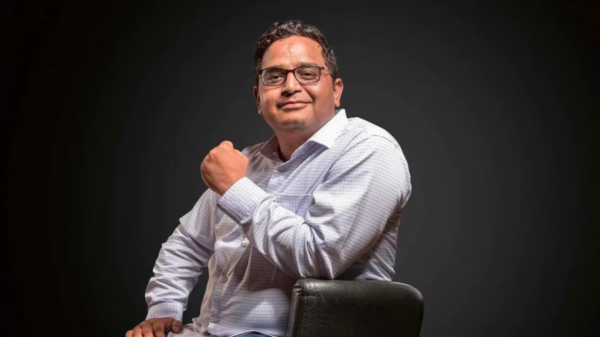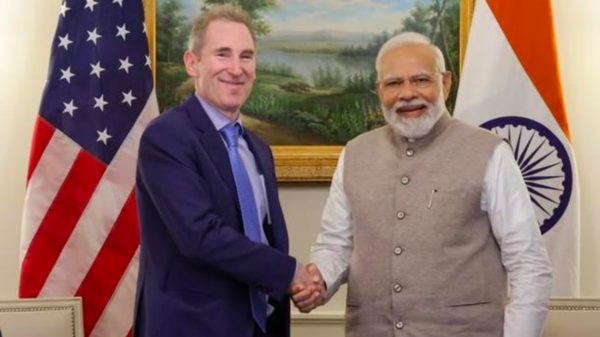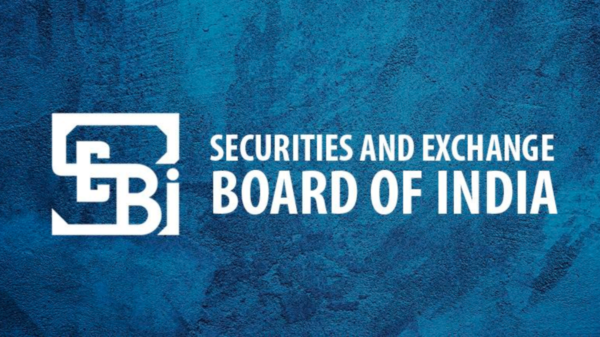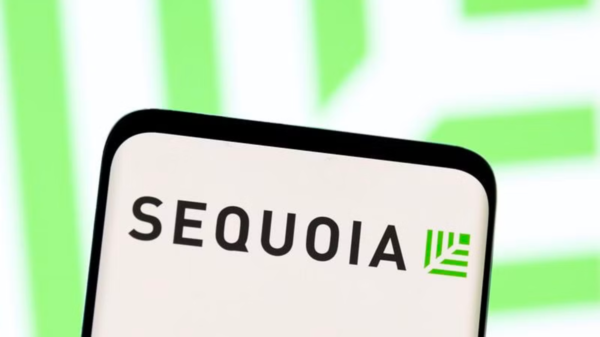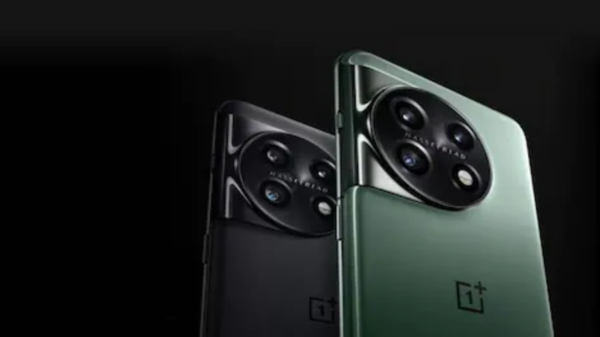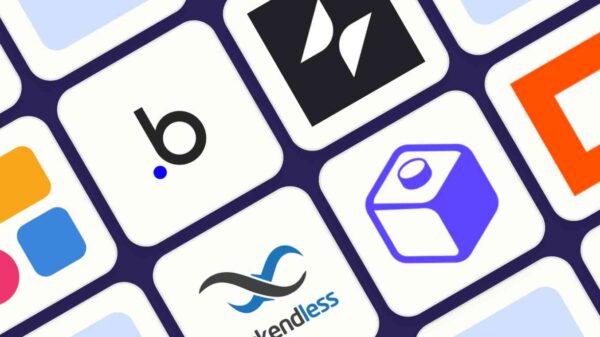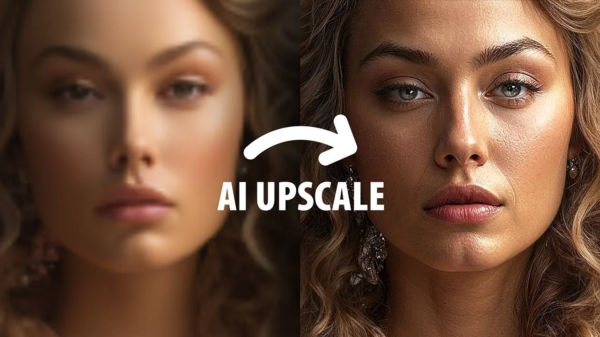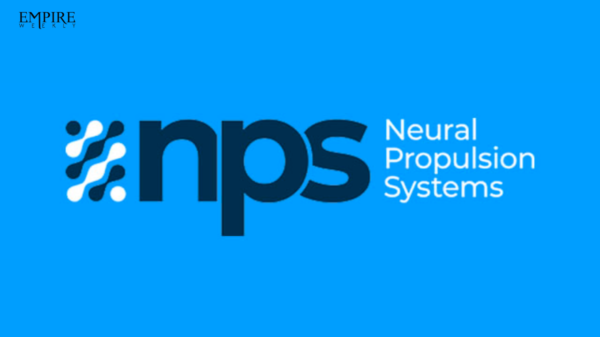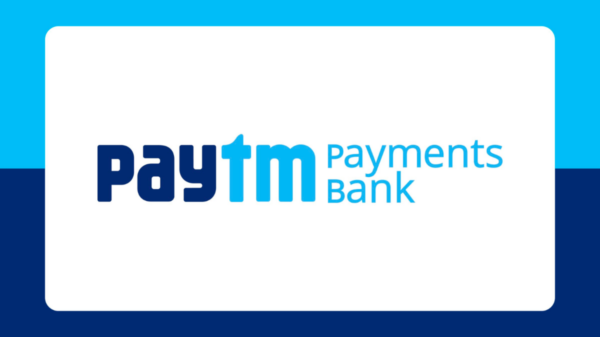After 15 years of running successful companies, Phil Teare decided to go back to the front and start a new business from scratch. This time with a bigger purpose. Here, he shares the story of his motivations and what it was like starting a new company all over again.
“Let’s start with some backstory – you were already running companies for a good while, yes?”
That’s right, I started working on my first company back when I was 24, opening the doors in 2006. That was a ski holiday company. My entrepreneurial journey grew from there. I got to the stage of being involved in many businesses doing such varied things from flying drones to meal deliveries. I was at the stage though where all the businesses were well-established and stable, and as an entrepreneur that raw start-up phase is kind of addictive.
“So, is that what made you want to go again and start a new business from scratch?”
Only in part. A large part of it was a personal interest, to put both my skills and money to better use. As time goes on, I’ve become much more climate aware. I didn’t want to start just any old business, I wanted to start a business where I could use my skills and investment capital to bring something good and useful to the fight against climate change.

Solar was the idea that kept coming back to me. It just hit all the right points so well. I love the technology of it too, I find it fascinating. I was an engineer in my former life, before becoming an entrepreneur, and it’s still nice to scratch the engineering itch every now and again. And, I would be lying if I said I wasn’t drawn by the challenge of starting again from nothing. To see if I can still turn an idea in the back of my head into a successful company. I guess all of us entrepreneurs have that competitive fire inside us that likes to be challenged.
You’ve set up lots of companies before, I’m guessing the experience made this one much easier?
Funnily enough, there’s a bit of yes/no.
Of course, it is mostly yes – the experience of starting companies before helps you to see the likely pitfalls that may catch you out. The roadmaps that we lay out are less hit-and-hope. The plans we roll out now are road-tested from previous business experience, which really has helped.
OK, but there was a no in there – what was more difficult this time round?
I started working on my first company at age 24, completely ignorant of how little I knew about it all! I’m 41 now, with a wife and kids. Likewise, I guess I had kind of forgotten about the superpower that the fearlessness of youth gives you. Starting companies is a risky business, no matter how much you plan, and there is something to be said about that youthful enthusiasm that stops you from worrying, or even caring, about the pitfalls.
I look back now and then at my first businesses, and I almost get cold sweats thinking about being in those precarious positions. Just having such blind faith that it always works out well, and not worrying about all the things that could go wrong. I guess age makes us all a bit more risk-averse, which is not always a good thing in business.
Did anything catch you off-guard about the process of setting up a new company?
I do a fair bit of business mentoring for other start-ups. One thing I always tell new company founders is that will be twice as expensive, and take twice as long as your business plan predicts. And, it will probably make half as much money.
There is just no way, while sitting in a comfortable office writing a business plan, that you can think of all the potential things that can come up. Without exception, there’ll be things you’ve not thought of that’ll cost time and money. If you think it will need 50k to open the doors, then you better have 100k sitting in the bank because that’s what it is really going to cost.

Despite liking to think that I’ve learned a thing or two from all the past businesses, PureVolt.ie (the new solar panel installation business I’ve set up in Ireland) followed the path of taking twice as long and costing twice as much as the original business plan said.
But that’s okay, I was expecting that. At the start of the process, I could not have told you what that extra 50% would be spent on, but I knew it would be spent on something.
So no sleepless nights then?
Well, I wouldn’t quite say that!
In a way, this business was completely backward. To get a company rolling, you need everything to work in tandem – clients, staff, systems, suppliers, everything. You can only operate at the strength of the weakest link in the chain. Getting staff really has been entertaining. The quality of the staff can make or break a business, and there’s a huge demand out there at the moment. It felt at times like the potential candidates were interviewing us, such is the demand!
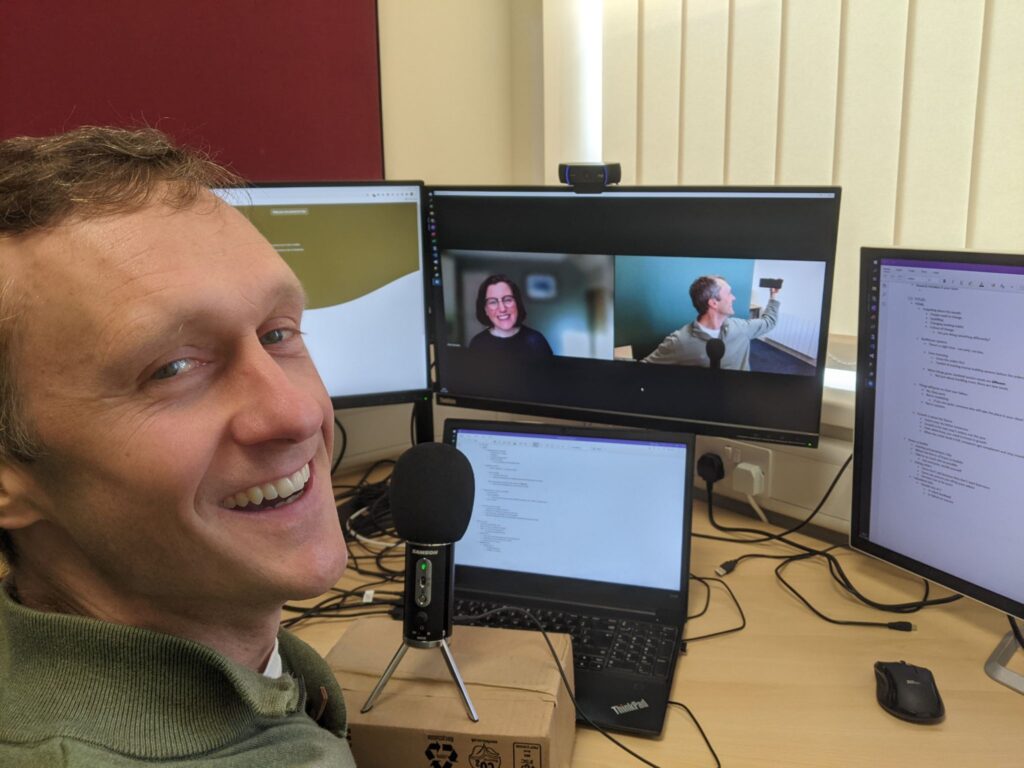
Supply chains had me a bit worried at one point, they are still all upside down. All you need is to be missing one small bracket, and the whole system grinds to a halt. Thankfully, it’s all worked out okay, but, again, I’d be lying if I said I wasn’t worried at some points along the way.
Your new solar company, PureVolt.ie, is one of the countless solar installers in Ireland. What makes this one different?
That is a fair question. I guess it’s our aim. Our whole reason to exist is to promote solar. To try and get panels on every rooftop in Ireland. We do this by really trying to inform and empower the end user. To give them all the information, warts and all, and easy to understand format.
If people then choose to buy from us too, well then that’s great, but that’s not the primary goal. What we are after is to help as many people as possible to go solar. If our website helps someone find solar panels in Ireland, even if it’s some other company, then I’m still a very happy man.
How is the launch going?
Pretty good, all things considered. It’s a funny time to launch such a business. There is huge demand, but the supply chains are all over the place. Thankfully, now we’ve got past all those teething problems you get at the start, which is a great place to be.
It is great now to see solar panels on people’s roofs that we have installed, knowing the business has, in its own small part, helped to contribute to reducing Ireland’s carbon footprint.
And for me personally, it’s great to feel my time and effort going into a project that is more than just a business, it has a bigger purpose too.
